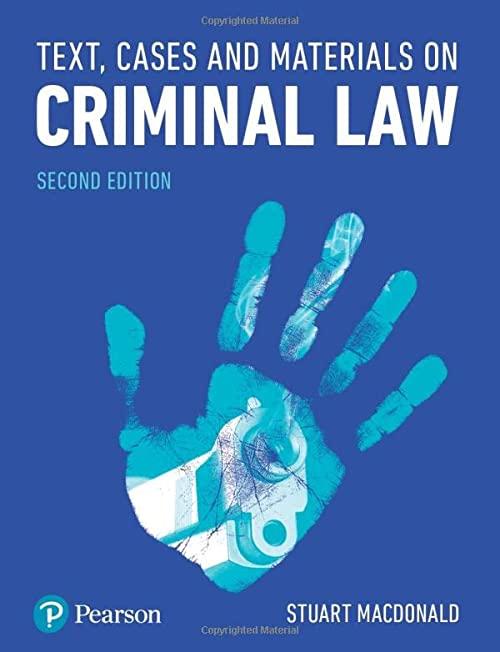please revise
The provided research-based survey that helped me understand this week's lesson of friendship, love and singlehood was the gratitude quiz. This is because gratitude is about the appreciation, thankfulness, and return of kindness to others. For me, gratitude is more than material, but family, friendship, health, faith, and main resources. From a young age I knew that my parents would struggle financially, so I wouldn't buy stuff that I wanted but what I needed. This allowed me to make a decision-making responsibility that made me value those elements. I would define love as a mutual growth and assistance from both individuals that allows respect, understanding, interest, value, commitment, passion, and trust. It can be between friendship, someone we seek to be intimate with, and family. Gratitude and this week's lesson connected to me because it allows a meaningful relationship. I found it interesting when the textbook mentioned that 'if there is no jealousy, there is no real love' (pg 241 PFD version). Signifying there must be some level of jealousy to develop a stronger relationship that can help build trust and make it grow, but if it's extreme jealousy it can harm the relationship and will create a toxic environment. It's more about confronting jealousy and letting your partner know, however it's not simple. It is the comfort they provide that will either help or if they don't show comfort or reassurance, then it can bring conflict. I believe being in a relationship isn't going to be a fairy tale, in every relationship there will be ups and downs, but it really depends on both individuals. In the podcast, I learned that there are four basic attachment styles that are secure, anxious, avoidant and anxious avoidant. But what I found interesting from "What's your attachment style," is that these attachments can change over time, which can help become a secure relationship (Natisse & Levine, 2022, 15:36). It brings comfort knowing some people can change. From what I have heard and learned from this podcast, I might be an avoidant of attachment because I like closeness. However, if there's too much, I get overwhelmed. I get overwhelmed if a friend or family hugs me for too long, but I still want to be present. So something I could take away from this podcast is to learn to find comfort in hugging, and have a better understanding of secure priming. (WC: 398)







